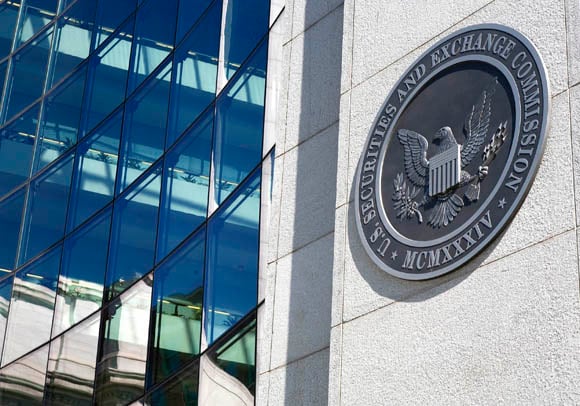The National Association of Independent Broker/Dealers Inc. is encouraging its members to support the Securities and Investor Protection Corp.'s effort to avoid covering victims of the alleged R. Allen Stanford fraud.
In a letter today sent to SEC Chairman Mary Schapiro, Lisa Roth, chairwoman of the NAIBD's advocacy committee, urged the group's members to sign a
petition supporting SIPC's view that it is not authorized to cover the Stanford case.
"We believe that covering the Stanford customers through SIPC is a misfit solution that sets an unsustainable precedent for the future," Ms. Roth wrote.
SIPC is in a legal fight with the Securities and Exchange Commission over the issue. The SEC wants SIPC to get involved and accept claims from Stanford victims, something SIPC argues it cannot do under the law.
The brokerage industry, which pays assessments to SIPC, is worried about potentially higher costs, should the alleged $7 billion Stanford fraud be covered by the SIPC.
In 2009, the SIPC increased assessments on broker-dealer firms to 0.25% of net operating revenue, up from a flat $150, as a result of paying out on the Bernard Madoff Ponzi scheme.
That change resulted in annual bills of several thousand dollars for small firms.
"NAIBD members are always concerned about rising costs, but that is not the primary message we want to send to the SEC," said Ms. Roth, chief executive of Keystone Capital Corp., in an email. "We fear a very dangerous precendent would be set if SIPC is repurposed" beyond its Congressional mandate.
Meanwhile, last week, judge Robert Wilkins of the U.S. District Court for the District of Columbia, rejected an argument made by the SEC that it could force the SIPC to liquidate the Stanford firm without court review.
The SEC's "contention is untenable," Mr. Wilkins said in an order, ordering the parties to brief him on what procedures should be used in solving the dispute.
Investors are not covered by the SIPC for fraud--only for missing cash and securities custodied at a failed broker-dealer.
The SIPC claims Stanford investors knew they were buying CDs from an Antiguan bank, and continue to hold the now worthless CDs. In contrast, Madoff investors thought they were purchasing securities and were issued statements showing as much, SIPC officials have said.
The SEC argues that Stanford customers should be covered by the SIPC because the fraudulent CDs were sold through the brokerage firm.
"We understand how SIPC came to the conclusion it should restore the Madoff investors," Ms. Roth said, but "I don't believe there is one among us [on the NAIBD board] who agrees, or who would have come to the same conclusion."
SEC spokesman John Nester declined to comment for this story. But the commission has argue that Stanford customers should be covered by SIPC because the fraudulent CDs were sold through the Stanford brokerage firm.







